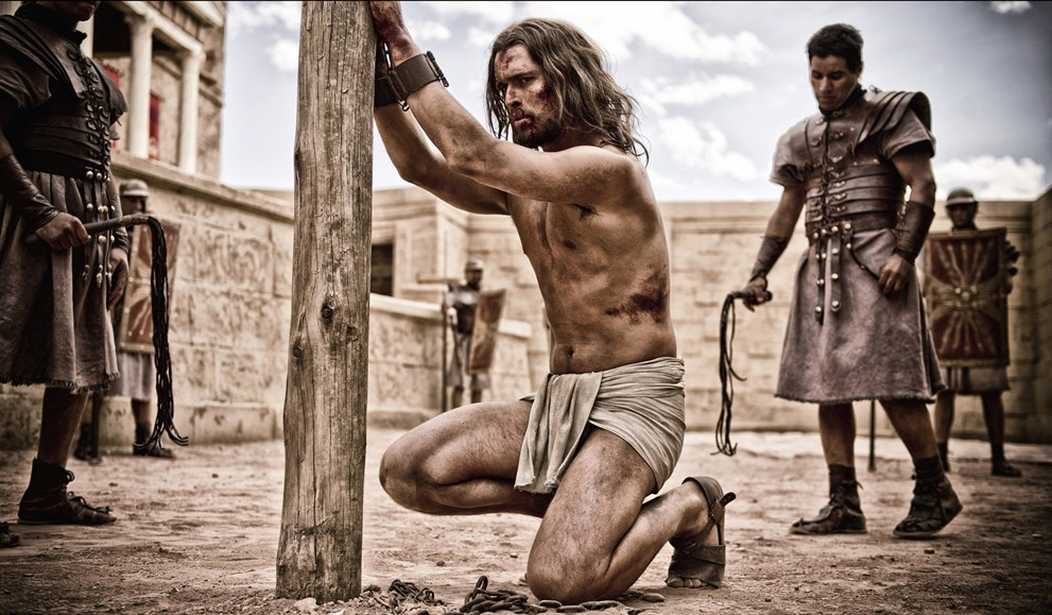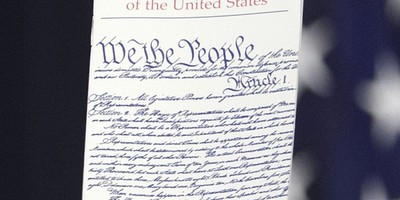The events celebrated during Holy Week are central to the Christian faith. Being the focal point of God’s plan of redemption, they demonstrate his love for humanity and his desire to redeem us.
As Christians celebrate the death, burial and resurrection of Jesus Christ, Jews observe Passover, the feast commemorating God’s deliverance of Israel from slavery and oppression in Egypt.
It is no accident that Holy Week and Passover were, and very often continue to be, concurrent events in the Christian and Jewish calendars. For Christians, the first Passover foreshadows a second: The crucifixion of Jesus, the Messiah.
Exodus records the events of the first Passover. The plague killing all the first-born males in Egypt (both humans and cattle) was the last of 10 that had been pronounced against a defiant Pharaoh by Israel’s leader, Moses. It resulted in the release of the children of Israel from more than 200 years of captivity.
The details are recorded in the 12th chapter of Exodus. In order for Jewish families to protect their own first-born males from the angel of death, Moses commanded each to take a lamb “without blemish” on the 10th of the month. They were to observe it for four days, presumably to ascertain that it was free from disease. On the 14th day, “the whole assembly of the congregation of Israel (was to) kill it at twilight.”
The blood was applied “on the two doorposts and on the lintel of the houses.” Then the family was to roast the carcass on an open fire and eat a hasty meal “with unleavened bread and bitter herbs.”
Recommended
At midnight, a great cry went up throughout all of Egypt as death spread from house to house beginning in Pharaoh’s palace. There was no blood on the doorposts and lintels of Egyptian homes to protect them from the angel of death. But in the Jewish settlement, all was quiet. They were protected by the blood, shed by an unblemished lamb.
“The blood shall be a sign for you on the houses where you are. And when I see the blood, I will pass over you; and the plague shall not be on you to destroy you when I strike the land of Egypt.” Believing and acting on these words of God, spoken by Moses, saved Israel from destruction that night.
Approximately 12 centuries later, another great Jewish leader named Yeshua (the name Jesus was called when he walked the Earth) was introduced to the world by John the Baptist. When John saw Jesus approach, he exclaimed: “Behold! The lamb of God who takes away the sin of the world” (John 1:29).
For three years, this itinerant preacher walked through Jerusalem, Judea, and Samaria, proclaiming a message of love and redemption.
The Last Supper -- Jesus’ celebration of Passover with his disciples -- afforded him the opportunity to demonstrate his upcoming death, burial and resurrection within the context of Judaism.
Luke writes: “‘With fervent desire I have desired to eat this Passover with you before I suffer; for I say to you, I will no longer eat of it until it is fulfilled in the kingdom of God.’ Then He took the cup, and gave thanks, and said, ‘Take this and divide it among yourselves; for I say to you, I will not drink of the fruit of the vine until the kingdom of God comes.’ And he took bread, gave thanks and broke it, and gave it to them, saying, ‘This is my body which is given for you; do this in remembrance of me.’”
Alfred Edersheim, writing in “The Life and the Times of Jesus the Messiah,” explains that in this Passover meal, celebrated on the first Holy Thursday, Jesus symbolically offered himself and joined the old and new covenants in the sacrifice to come on the cross.
As Christians celebrate Holy Week, let the celebration of Passover remind us of the Jewish roots of our faith.
Let us give thanks for this heritage as we reflect on the words of John the apostle in Revelation 5:12: “Worthy is the lamb who was slain.”
Gregory J. Rummo is a Lecturer of Chemistry at Palm Beach Atlantic University and a Contributing Writer for The Cornwall Alliance for the Stewardship of Creation. The views expressed in his columns are his own.

























Join the conversation as a VIP Member